Cats are known for their independent and mysterious nature, but many cat owners can attest to the deep, affectionate bonds that can form between a feline and a human. Understanding why some domestic cats develop stronger bonds with certain people can deepen our appreciation for these enigmatic animals and help enhance our relationships with them. This article explores the factors influencing these bonds, offering a window into the complex world of feline social interactions.
Understanding Feline Social Nature
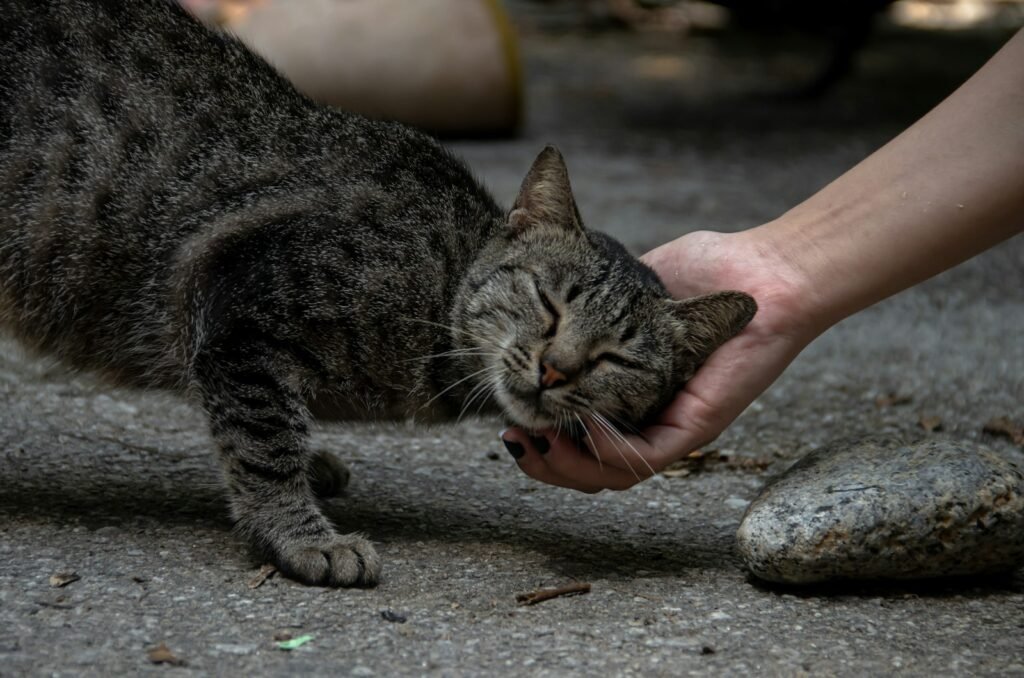
Cats, unlike their canine counterparts, are often stereotyped as solitary creatures. However, while some cats do prefer solitude, many are social animals who enjoy the company of humans and other animals. Understanding the social nature of cats is fundamental to recognizing why they may form stronger bonds with particular individuals. Domestic cats that have been socialized during their early developmental stages—typically between two to nine weeks of age—have a predisposition to bond more closely with people in their environment.
The Influence of Early Socialization
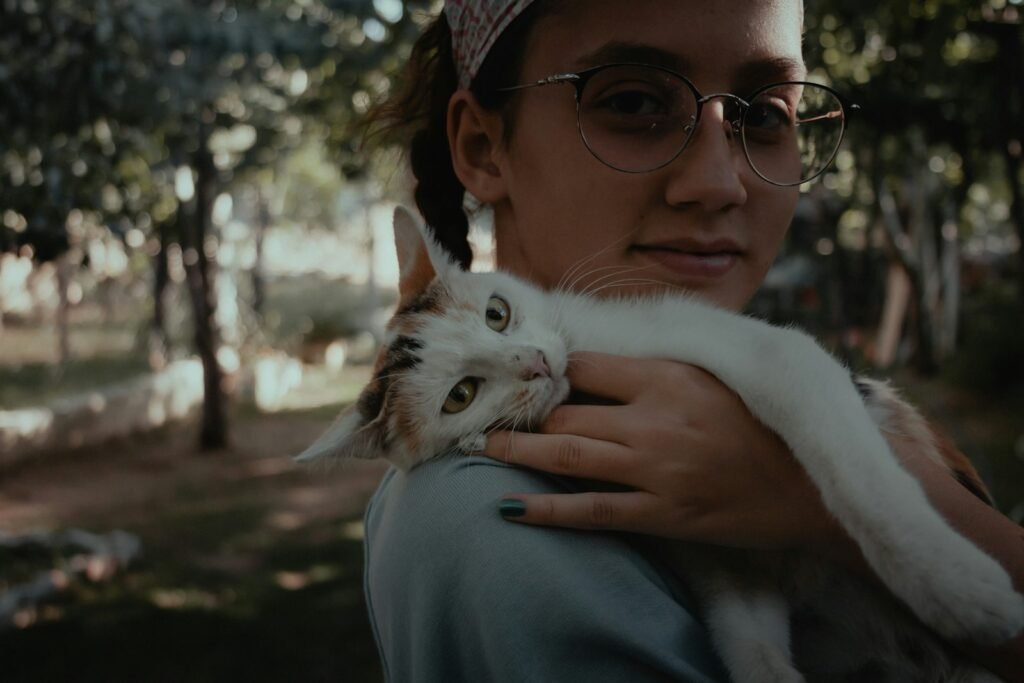
Early socialization plays a crucial role in shaping a cat’s behavior towards humans. Kittens exposed to friendly human interaction from a young age are more likely to be trusting and affectionate. This early exposure not only tailors their personalities but also influences who they form attachments with later in life. People who handle kittens gently and with care can expect to build stronger bonds as these kittens grow into adults.
The Role of Personality
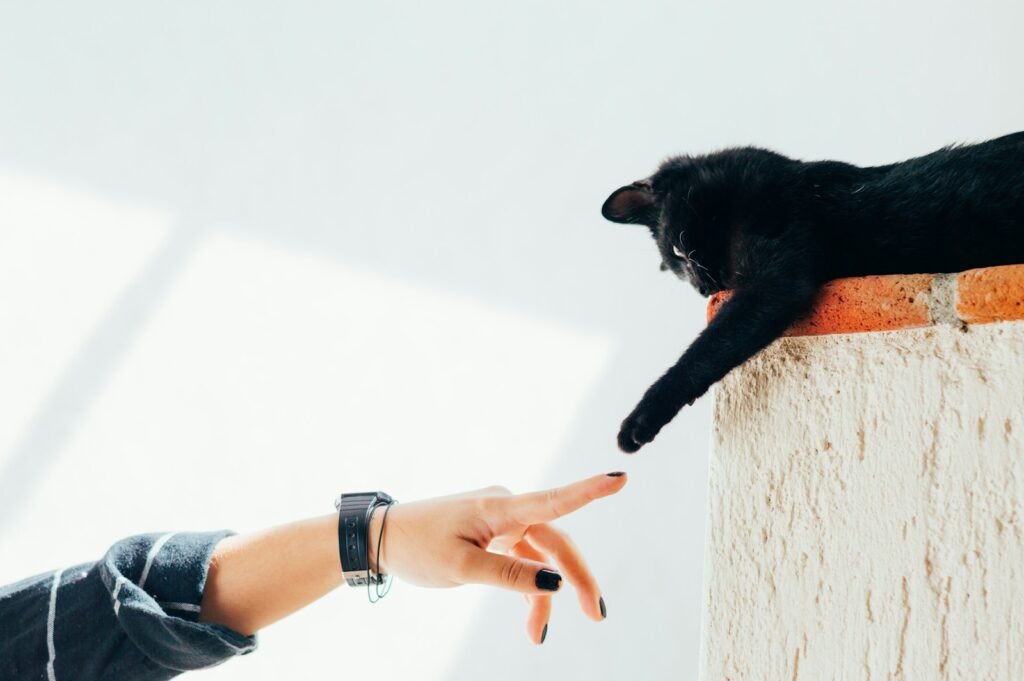
Just like humans, cats have distinct personalities, and these play a significant role in determining which individuals they gravitate towards. Some cats are naturally more sociable or nurturing, while others might be more aloof or independent. Cats with sociable dispositions are likely to form closer bonds with humans who match their social energy and communication style.
The Impact of Environment
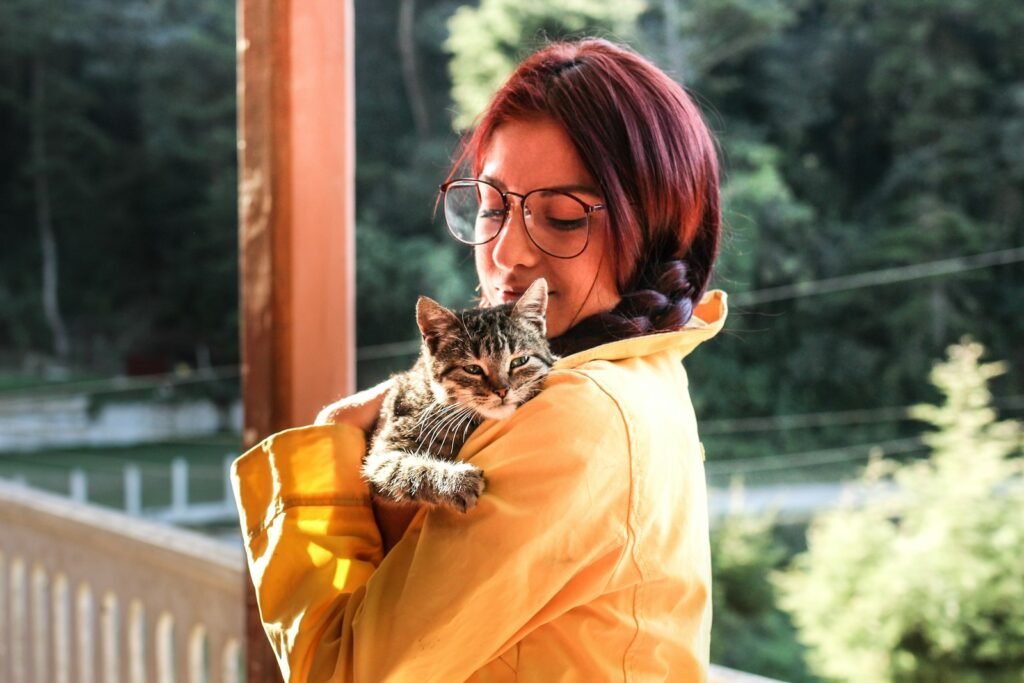
The environment in which a cat lives can significantly influence their relationships with humans. A peaceful, stable living situation with consistent and positive human interaction encourages a cat to bond more closely with their human companions. Environments with low stress, enriching activities, and adequate space can nurture the development of strong, affectionate bonds.
Human Behaviors That Foster Bonds
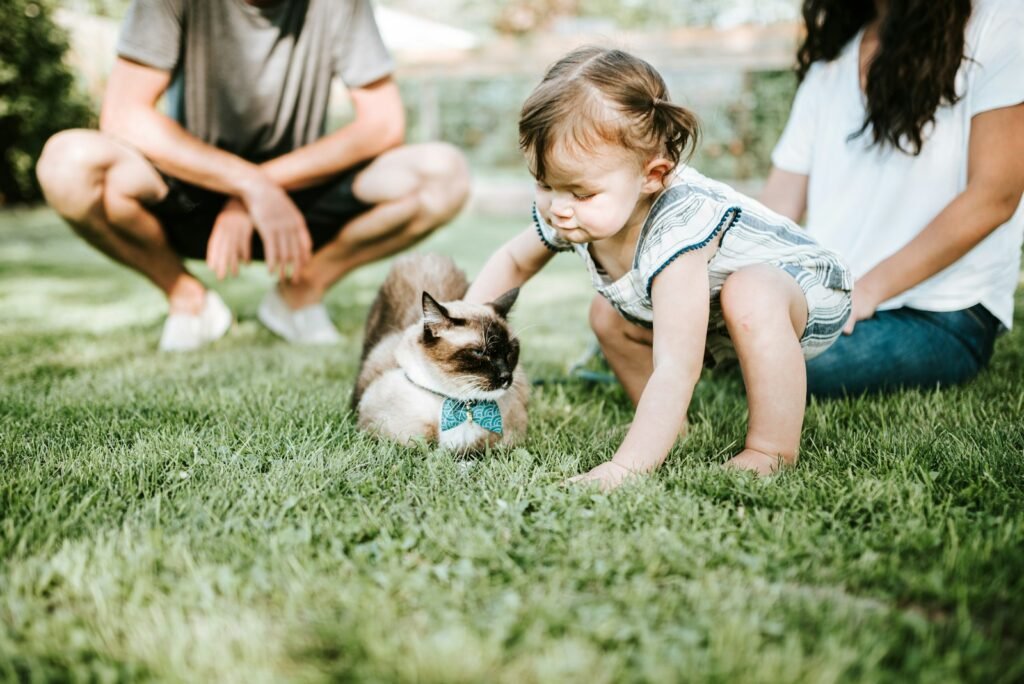
Cats often bond more closely with individuals whose behaviors they find comforting and non-threatening. Humans who respect a cat’s space, approach them calmly, and understand their body language are more likely to earn a cat’s trust and affection. Offering treats, playing interactively, and providing a steady routine can also help forge deeper connections.
The Power of Routine and Consistency
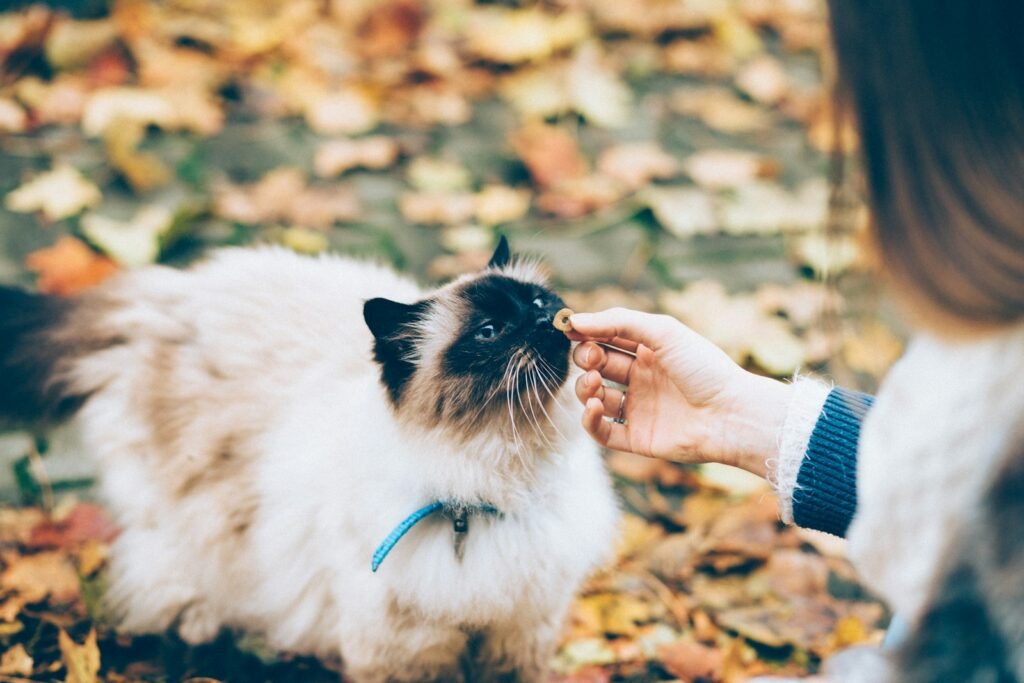
Cats are creatures of habit, and consistent routines can be comforting to them. They appreciate predictability in their interactions, feeding times, and daily activities. Humans who provide a regular and stable routine tend to be favored by their feline friends, as this predictability provides a sense of security.
The Importance of Scent
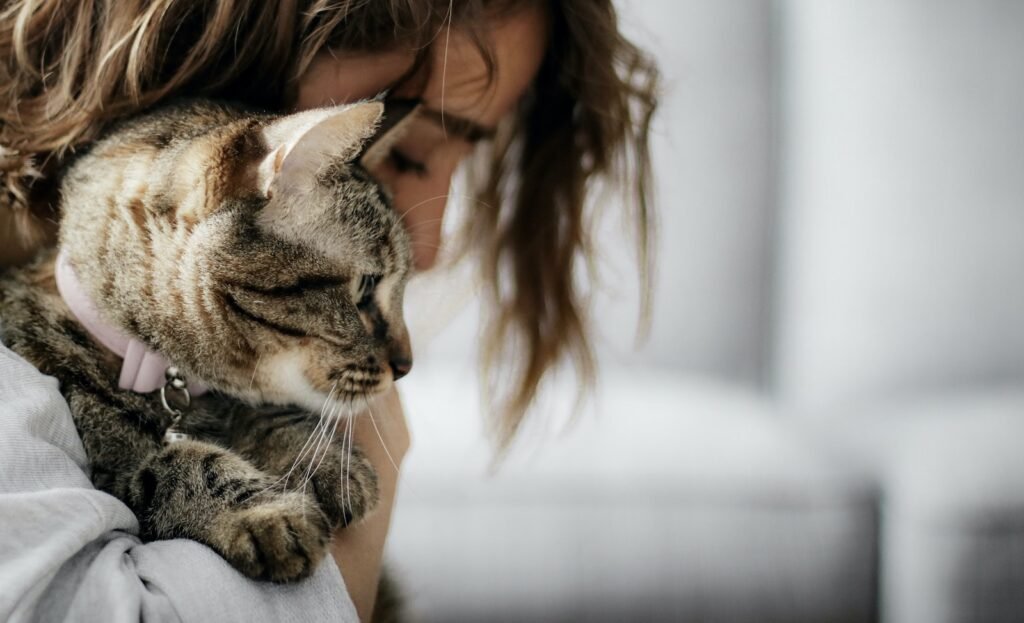
Scent plays a significant role in how cats perceive and interact with people. Cats rely heavily on their sense of smell to navigate the world, and they often choose individuals whose scent they find soothing or familiar. A person’s natural scent, combined with any perfumes or household scents, will influence a cat’s comfort level with them.
Cats and Emotional Sensitivity
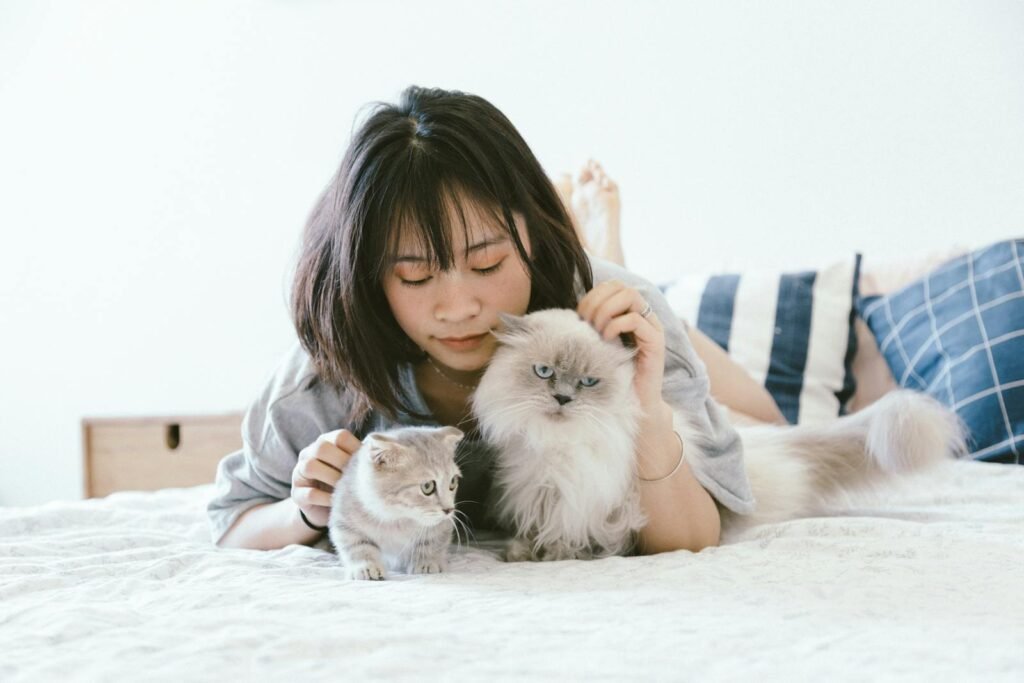
Many cat owners report that their pets seem to sense their emotions, providing comfort in times of distress. Cats are perceptive creatures, and their ability to pick up on human emotions may be a factor in forming deep attachments. They often gravitate towards people who are calm and loving, sensing an emotional climate where they feel safe and valued.
Mutual Respect and Understanding

A relationship built on mutual respect and understanding is fundamental to a strong human-cat bond. Acknowledging a cat’s unique personality, respecting their preferences and boundaries, and offering affection on their terms fosters an environment of trust and deepens connections.
Health Benefits of a Strong Bond

Establishing a close bond with a cat can have positive health benefits for both the pet and the owner. For cats, the emotional security of a strong bond can reduce stress, enhance overall well-being, and contribute to a longer lifespan. Similarly, cat owners often experience reduced stress and lower blood pressure, enjoying a sense of companionship that is both fulfilling and therapeutic.
Conclusion: Cherishing the Feline Connection
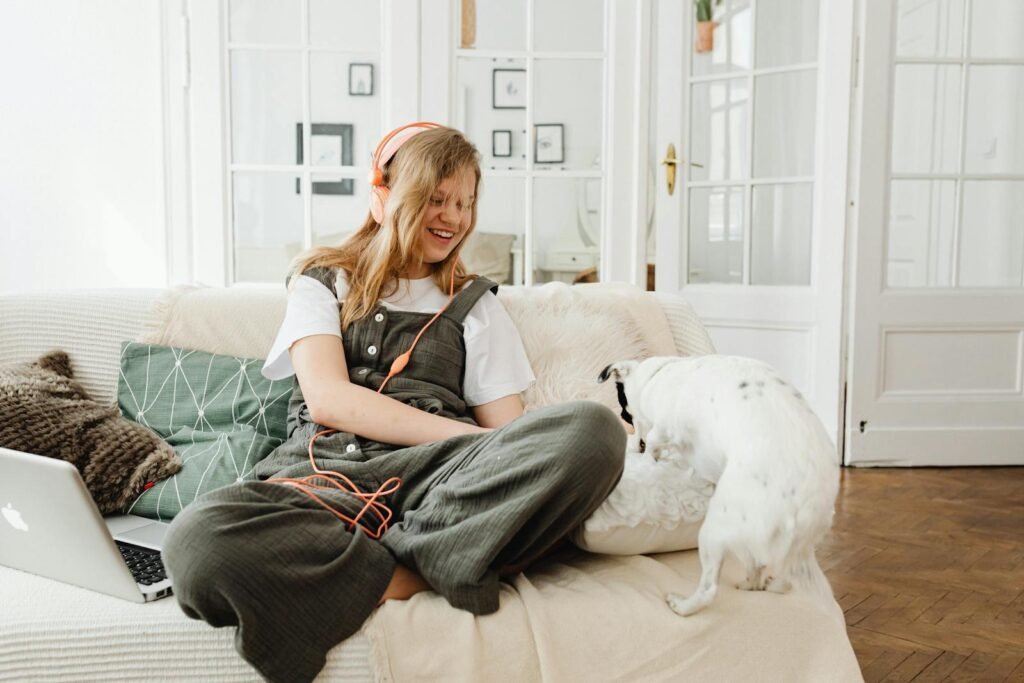
The unique bond between a cat and a human is a dynamic interplay of socialization, personality, and environmental factors. Understanding what fosters these bonds allows for a deeper appreciation of the companionship our feline friends offer. By respecting a cat’s individuality and providing a nurturing, stable environment, we can enjoy a rewarding relationship characterized by mutual love and trust.






